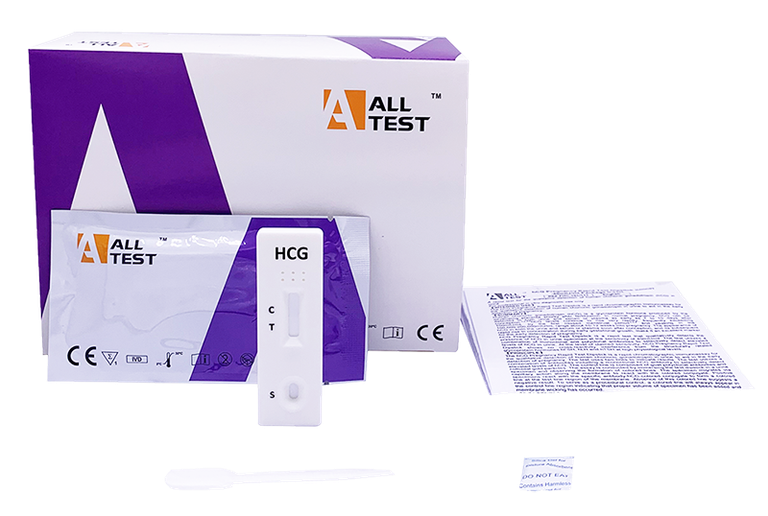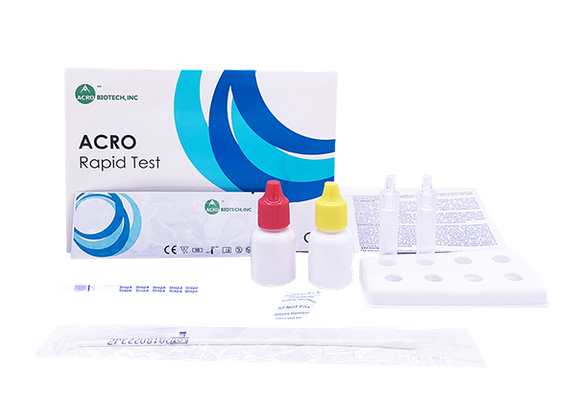Dipslides show superiority in hospital surface hygiene
In Europe, healthcare associated infections (HCAIs) are attributed to approximately 37 000 deaths per year (before COVID-19) and 25 000 people die from antibiotic-resistant HCAIs. Of the HCAIs that develop within the intensive therapy unit, approximately 40–60 % are due to endogenous flora, 20–40 % are due to the contaminated hands of healthcare workers, 20–25 % are due to antibiotic-driven change, and 20 % are potentially due to environmental contamination.
There is increasing evidence that the hospital surface environment contributes to the spread of pathogens. However, evidence on how best to sample these surfaces is inconsistent and there is a lack of guidance or legislation. Rawlinson et al. have performed a comprehensive literature search on surface sampling methodologies including sampling devices, processing methods, and the environmental factors that might influence the results.
The review shows that although the numbers of cells or virions recovered from hospital surface environments were generally low, the majority of tested surfaces were microbiologically contaminated. Of the organisms detected, multidrug-resistant organisms and clinically significant pathogens were frequently isolated.
There are several sampling methods available. The suitability of a chosen method depends on the target organism, surface material, and on the available resources. Direct surface sampling methods include dipslides, contact plates, and petrifilms. These methods do not need further sample processing. Indirect sampling methods include swabs, sponges, and wipes, which all may require an extraction step. Recovery is defined as the percentage of viable, therefore detectable, cells from the original number of cells present on a surface. Techniques which require pre-analytical steps affect the recovery of organisms from the environment.
Dipslide method allows the sample to be taken directly from the surface which decreases the processing steps and loss of microbes. Dipslides are easy and safe to use since they are held inside a plastic container which reduces the risk of contamination and drying of the agar. Dipslides have a paddle formation with two separate sides, which can contain two different selective or non-selective agars.
In their review article, Rawlingson et al. conclude that dipslides are a potentially superior method of surface sampling at the hospital environment, particularly when physical flexibility is required.
References
- Rawlinson S, Ciric L, Cloutman-Green E. How to carry out microbiological sampling of healthcare environment surfaces? A review of current evidence. J Hosp Infect. 2019 Dec;103(4):363-374.


